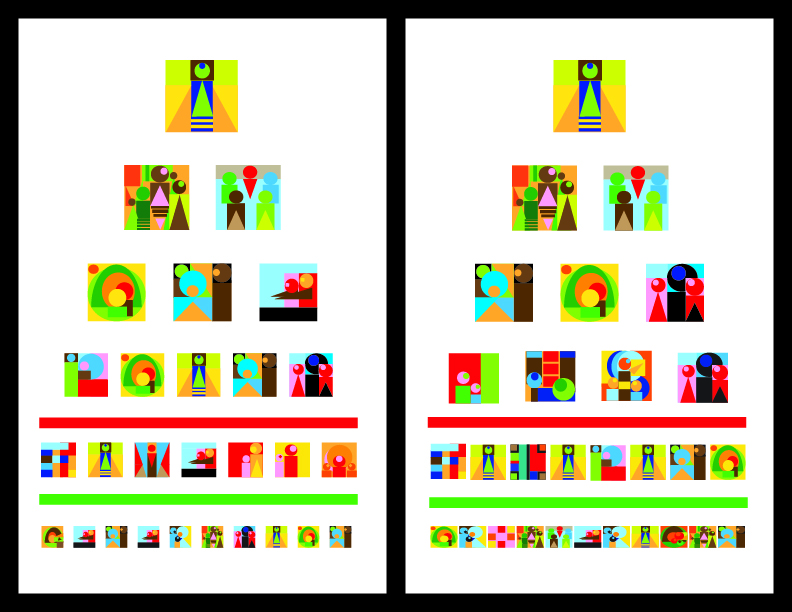Carlos de las Alas

I am one-point-five generation, I am not just Filipino or American

Carlos responds:
What are some challenges that you feel students of color might face at CSUF?
I feel like some students of color may, at times, find difficulty connecting with other students with similar backgrounds to them. Luckily, as a Filipino-American, I am grateful that there is a large Filipino organization here on campus with PASA. However, due to scheduling conflicts I never found myself able to join the club and the only way I was able to connect with others were through ethnic studies classes.
If you were to complete the statement “I am not” how would you complete this statement and what is important to you for others to know.
I am not just “Filipino” or “American.” Growing up, I always felt that I was “too Filipino” for the Filipino kids here in the United States and “too American” for my family back home in the Philippines. I have come to the realization that I don’t have to identify as either American or Filipino, rather I have characteristics of both cultures.
If you were to complete the statement “I am” how would you complete this statement and what is important for others to know about you?
I am a “1.5 generation” immigrant. The term 1.5 generation refers to first-generation immigrants who immigrated to a new country before or during their early teens, ages 6-12. I moved to United States from the Philippines when I was 5. While this term is not widely used, I do hope that those who identify as 1.5 generation, like me, are able to find others who have similar life experiences.
In your work as Undergraduate Course Assistants, as you’ve reviewed the students work what things you learned from either the research, the narratives or the illustrations? What are you inspired to do as a result?
Upon reviewing research that students have done on hate crimes, I feel that is super important to keep tabs on these local instances of hate. I feel as though, many of these events are not highlighted in our communities, and we often have to go out of our way to FIND these instances. This goes to show that racism DOES follow us wherever we go, regardless of how “progressive” or “inclusive” a community may seem.
